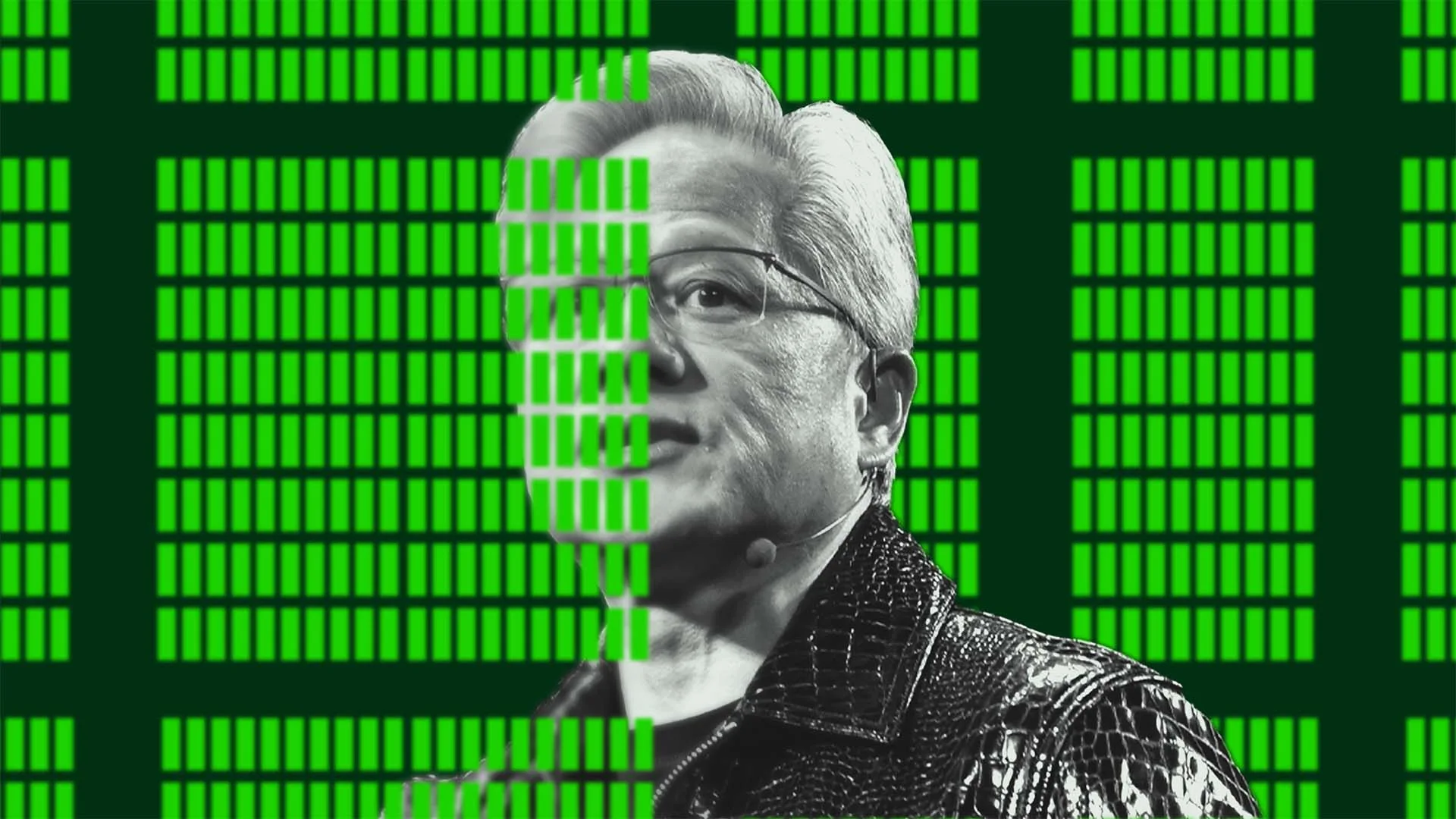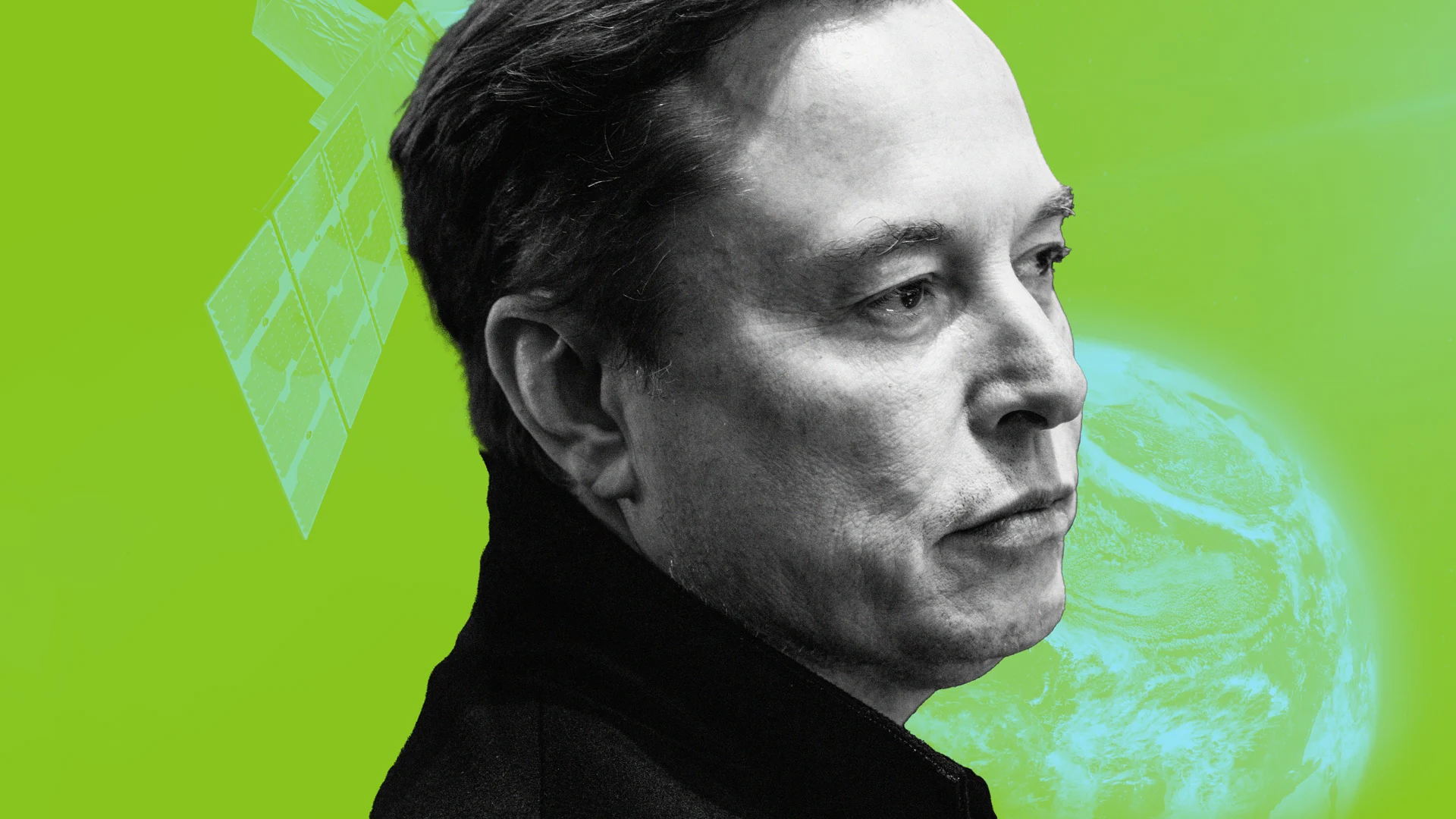The Beanless Coffee Revolution: A Sustainable Shift in the Coffee Industry
The global coffee industry is undergoing a significant transformation as climate change, rising costs, and shifting consumer preferences drive innovation.

The global coffee industry is undergoing a significant transformation as climate change, rising costs, and shifting consumer preferences drive innovation. Traditional coffee cultivation faces challenges due to volatile climate patterns and increasing demand, leading to higher prices and supply constraints. In response, companies are exploring alternative methods to produce coffee-like beverages without relying on traditional coffee beans.
One notable development is the emergence of beanless coffee, a beverage crafted from various natural ingredients designed to mimic the taste and experience of traditional coffee. This innovation aims to address environmental concerns and provide a sustainable solution to the growing demand for coffee.
Atomo, a Seattle-based company, is at the forefront of this movement. Founded by food scientist Jarret Stopforth and entrepreneur Andy Kleitsch, Atomo has developed a process to create coffee-like drinks using upcycled ingredients such as date pits, chicory root, and grape skins. By analyzing the chemical composition of traditional coffee, Atomo reverse-engineered a formula that replicates the flavor and aroma without using coffee beans.
The company's commitment to sustainability is evident in its operations. Atomo opened a 30,000-square-foot facility in Coachella, California, dedicated to processing date pits, a key ingredient in its beanless coffee. This facility processes 10,000 pounds of date pits daily, showcasing the scalability of their approach. Additionally, Atomo's production methods reportedly result in 93% lower carbon emissions and require 94% less water compared to conventional coffee production.
Despite the innovative approach, Atomo faced challenges in scaling production. Initially, the company could produce only one pound of beanless coffee per day. Recognizing the need for expansion, Atomo invested $8 million in building a second factory and roastery to increase output and meet growing demand. This strategic move positions the company to supply its products to a broader market and establish partnerships with coffee shops seeking sustainable alternatives.
Consumer reception to beanless coffee has been mixed. While some appreciate the environmental benefits and innovative approach, others remain skeptical about the taste and authenticity compared to traditional coffee. However, as climate change continues to impact coffee-growing regions and consumers become more environmentally conscious, the demand for sustainable alternatives like beanless coffee is expected to rise.
In conclusion, the development of beanless coffee represents a significant shift in the coffee industry, driven by environmental concerns and the need for sustainable solutions. Companies like Atomo are pioneering this movement, offering innovative products that challenge traditional notions of coffee production. As the industry evolves, beanless coffee may become a staple for environmentally conscious consumers seeking alternatives to traditional coffee.




